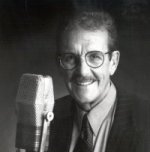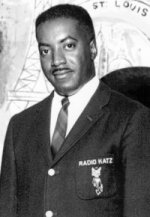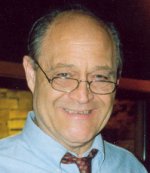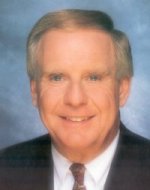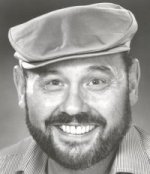Radio HOF
Connell, Bud
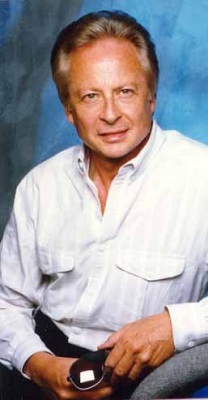 Bud Connell – Legacy
Bud Connell – Legacy
Bud Connell’s name is not well-known among St. Louis radio listeners, but his influence was certainly felt. He came to KXOK in July 1961after working in other major markets. Storz Broadcasting brought him in to program its largest property, which was drawing only 4% of the market’s listeners.
Within three months he had changed the sound of KXOK with new announcers and a completely new image. By the time the November-December 1961 ratings were published, KXOK was tops in the market. In the mid-1960s, Pulse, Inc. placed KXOK in the top five stations in the country for its high ratings.
His influence was felt throughout the station, from his creation of the “Johnny Rabbitt” character popularized by deejay Don Pietromonaco, to his conception and organization of the station’s many contests and promotions. In 1966 the station was host for the Beatles’ concert at Busch Stadium.
It is a tribute to Connell that his staffers all credit him for the station’s success through the decade of the 60s.
